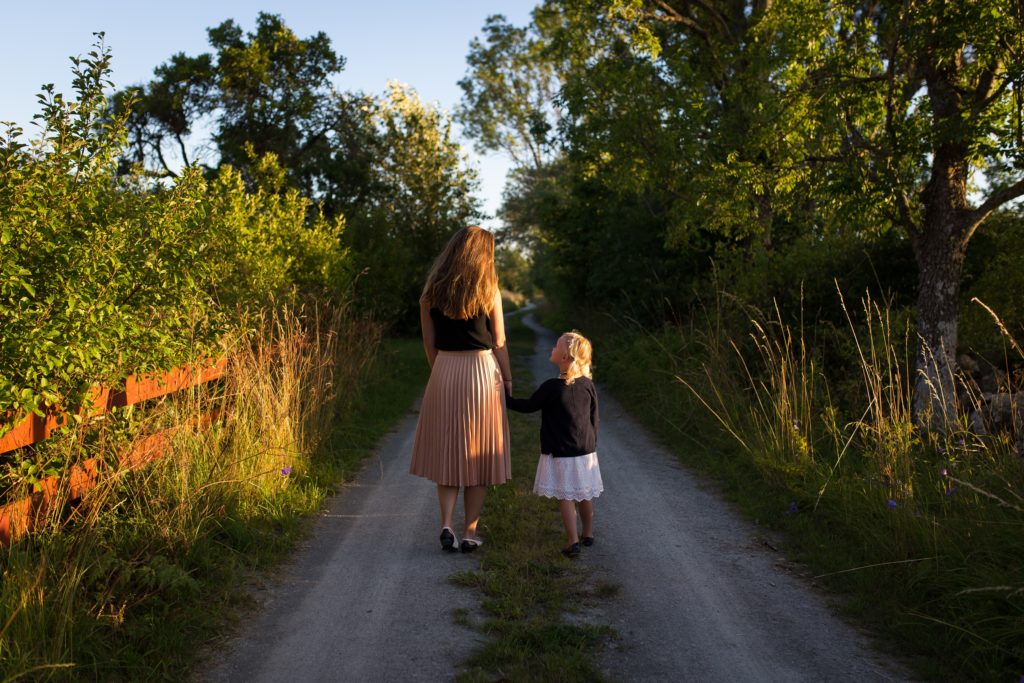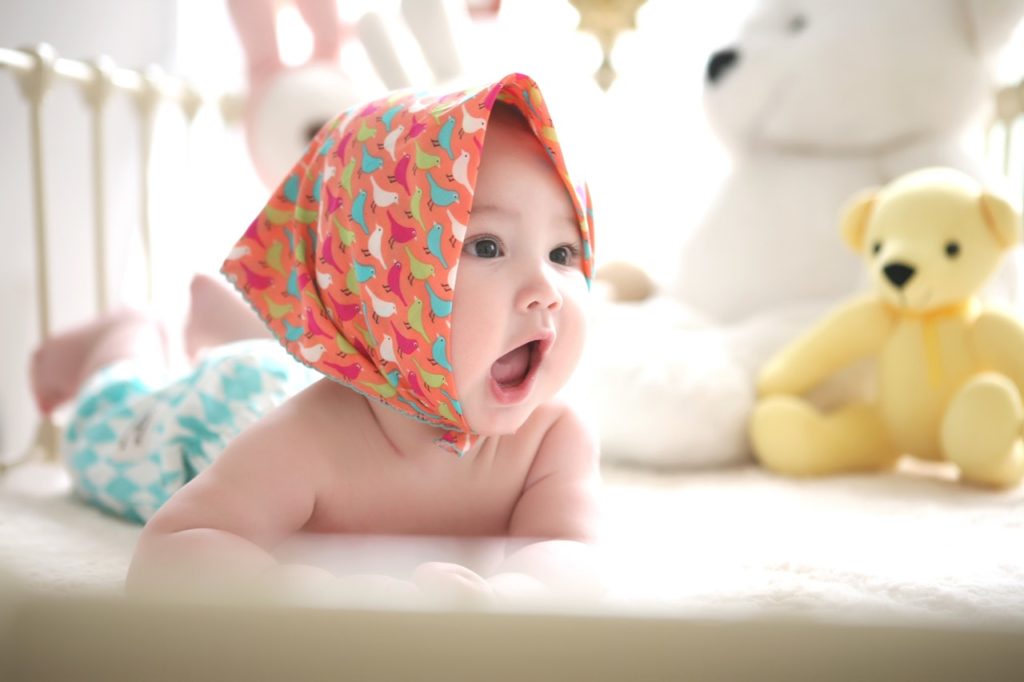Being a parent, especially a first-time parent, is a task filled with dualities. It’s one of the happiest times of human life, but it also brings plenty of stress, worry and nerve-wracking situations you don’t know how to handle. And if your child doesn’t develop in the way and pace you envisioned, it can be even more stressful. So, here are a few things about child development every parent should know.
Don’t worry about milestones

Development doesn’t care about what your books say. It doesn’t happen on any type of timetable or in any concrete stages for you to follow. Every single child is different, unique in their own way and will develop at their own pace. For instance, brain development occurs earlier in girls, so we can say that they mature faster than boys. But, boys catch up by the time kids start school! Premature-birth babies often exhibit delays in development, but they too caught up in adolescence.
Scientists don’t know why development happens that way, but they know one thing: the brain’s development is influenced by experiences. Some kids are very sensitive to their environment, especially the parent’s care, that experiences can even change the way the child’s genes are expressed.
Learning requires plenty of effort
All parents want their child to develop into a genius, so they try to teach them all sorts of things while the child is still an infant. This usually involves buying various DVDs specialized for young kids that will turn them into wunderkinder. But, learning at a young age is a bit different. Infants usually only respond to things that respond back. So, no matter how good the technology is, it will never respond to your baby’s cues, which renders those DVDs mostly useless.
What does work, on the other hand, is interacting with your child and playing with them. Human contact is much more important for your child’s development and learning. If you really wish to give your child the best care, look for a specialized learning center where educators work with your child and let him or her explore the world with their professional help. These centers are great for children’s physical health as well as motor skills and general mental health. Your child will also get the chance to spend time with their peers, which is especially important for their social skills.
Nature and nurture work together

“Nature versus nurture” is an age-old debate that should have never developed. There’s a unique interaction between the environment and the genetic material, and that relationship is what has a huge impact on the child’s maturity. The truth is that both nature and nurture affect the development, so it’s important to strike the right balance.
Self-regulation is the key
This is one of the most important gifts you can give your children as a parent. Good self-regulation will affect how your child does in school, how they play and how they socialize and it will allow them to become a good human. On the other hand, immature self-regulation brings tantrums, big emotions, impulsiveness, and hyperactivity.
But, what is self-regulation? It’s a set of skills that exercise your child’s ability to control their thoughts, emotions, movements, and behaviors. It doesn’t fully organize until the age of 3, but it also doesn’t mature until around 5. There are further developments of the self-regulating system in adolescence and later in life. However, it all starts in early childhood, so make sure to teach your child to learn how to self-regulate their brain functions, emotions, and behaviors. Underneath it all, impulse control is possibly the most important skill, because it will affect their relationships, learning abilities and problem-solving skills, but it will also allow kids to enjoy life and enjoy good things life brings.
Baby talk isn’t all bad

Many parents avoid using baby voice and only talk to their kids in complete sentences from the moment of their birth. However, is baby talk that bad? The answer is no. There are even indications that baby talk is crucial for a baby’s development. The exaggerated tones that are used during baby talk together with slow structure, put a strong emphasis on important components of language which make it much easier for young kids to absorb. So, feel free to use baby talk, but moderation is the key, like in everything else.
Knowing about the way your child develops can really help parents in many different ways. However, being backed by science isn’t the only way to make important parenting decisions. Your gut is often the best parenting guide, so use common sense as much as science. However, developmental research is definitely a worthy addition to your parenting toolbox.
Seeing some parenting books can be very handy.


